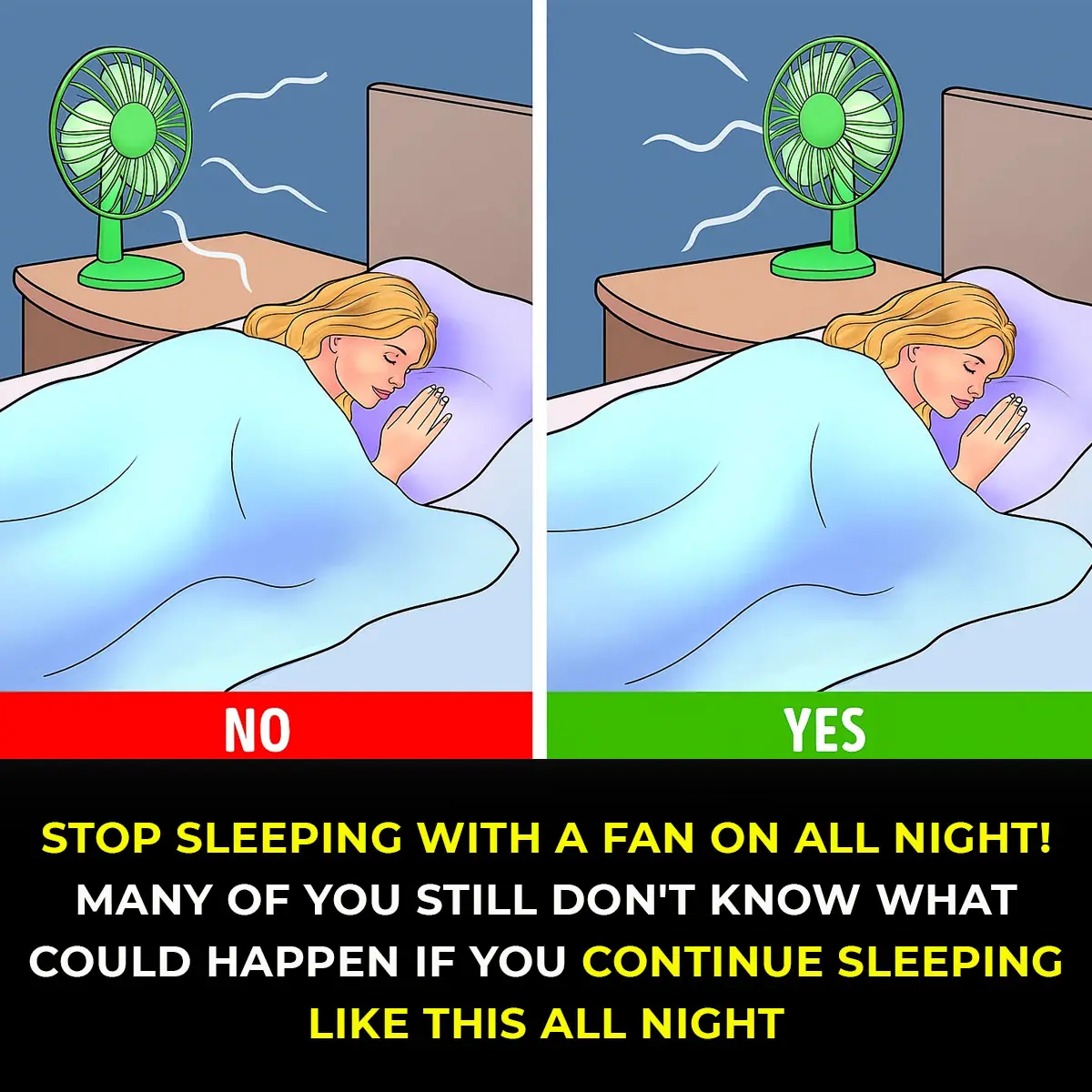
Never Ever Say These 4 Things at a Funeral — No Matter the Situation
When it comes to funerals and expressions of sympathy, your words don’t need to be profound or poetic.

Sleep is supposed to restore our energy, clear our minds, and prepare us for the day ahead. Yet, for many people, mornings begin with exhaustion, irritability, and a lack of focus instead of refreshment. One common reason is waking up in the middle of the night—especially between 3 a.m. and 5 a.m.
This time frame has long intrigued both scientists and traditional healers. From medical explanations like sleep cycles and disorders to cultural interpretations such as the “Witching Hour” or the Chinese theory of Qi energy, multiple perspectives attempt to explain why so many people wake during these hours.
In this article, we’ll explore the reasons behind frequent awakenings between 3 and 5 a.m., what both modern science and ancient wisdom say about it, and practical steps you can take to improve your sleep quality.
Many people are unaware of how often they wake up during the night. Some disturbances last only a few seconds, making them unnoticeable, while others last long enough to disrupt sleep and make it difficult to drift off again.
If you’re part of this group, identifying the underlying cause of these awakenings is essential. Frequent disruptions not only reduce sleep quality but also affect mental sharpness, mood, and long-term health.
Sleep is not a single state but a cycle of different stages. Each night, the body transitions through:
Wakefulness – the stage when you are drifting off.
Light Sleep – where the body starts to relax, but you can still be easily awakened.
Deep Sleep – restorative sleep that helps repair tissues and boost the immune system.
REM Sleep (Rapid Eye Movement) – the stage where most dreaming occurs.
As the night progresses, REM stages become longer and more frequent, especially toward early morning hours. Because REM sleep is a lighter phase compared to deep sleep, it’s not unusual for people to wake up more often between 3 a.m. and 5 a.m.
As people get older, their sleep patterns naturally change. Deep sleep becomes shorter, REM cycles are disrupted, and the likelihood of waking up at night increases.
A common cause of nighttime awakening is sleep apnea, where breathing repeatedly stops and starts during sleep. This condition causes the brain to wake the body up, often without the person being aware of it.
High stress levels or anxiety can lead to restless nights. Cortisol, the stress hormone, often peaks in the early morning hours, which may explain why some people wake up during this time.
Late caffeine intake, alcohol consumption, irregular sleep schedules, or excessive screen time before bed can all contribute to fragmented sleep.
While science looks at sleep disruption through biological and medical factors, many cultural traditions provide alternative explanations.
Between 3 a.m. and 5 a.m. is often referred to as the “Witching Hour”, a mysterious time believed to be associated with heightened spiritual activity. Some believe waking up during these hours signifies an “awakening” or sensing unusual energy around you.
According to Traditional Chinese Medicine (TCM), the body’s Qi energy flows through a system of meridians, each connected to specific organs and times of the day.
3 a.m. to 5 a.m. is when the Lung Meridian is most active. The lungs are associated with freedom, emotional release, and spiritual connection. Waking at this time may suggest that energy in this meridian is weak or blocked.
The Large Intestine Meridian, responsible for detoxification, is also active around this time, symbolizing the body’s effort to release waste, both physically and emotionally.
From this perspective, frequent awakenings could be a signal that unresolved emotions or blocked energy need to be addressed.
If you find yourself consistently awake at these hours, ask yourself:
Is there an emotional burden? Anxiety, grief, or stress may be surfacing during these quiet hours.
Is your body signaling a physical issue? Conditions such as sleep apnea, indigestion, or hormonal imbalances may trigger early-morning waking.
Are lifestyle habits interfering? Late-night eating, alcohol, or inconsistent sleep schedules can all disturb sleep cycles.
Is there a deeper imbalance? From a TCM perspective, blocked or weak energy in the lung and large intestine meridians may be involved.
While occasional waking is normal, repeated disturbances that leave you tired in the morning require attention. Here are some steps to help:
Go to bed and wake up at the same time every day—even on weekends. This stabilizes your circadian rhythm.
Avoid caffeine, nicotine, and alcohol close to bedtime. They can disrupt deep and REM sleep.
Activities like meditation, deep breathing, reading, or light stretching can help signal to your body that it’s time to rest.
Keep your bedroom dark, cool, and quiet. Comfortable bedding and limited screen exposure before sleep make a big difference.
Practices such as journaling, mindfulness, or therapy can help resolve underlying worries that surface at night.
If you suspect sleep apnea or another medical condition, consult a doctor. A sleep study may be recommended to diagnose the problem.
It’s important to note that not all nighttime awakenings have a mystical cause. Science highlights practical factors like stress, sleep disorders, and lifestyle habits, while traditional wisdom provides a holistic view that connects the body, mind, and spirit.
Both perspectives can be valuable: science offers medical solutions, while traditional approaches encourage reflection and self-awareness. Paying attention to both may help you achieve more restful sleep.
Waking up between 3 and 5 a.m. is a common experience shared by countless people worldwide. For some, it may be explained by natural sleep cycles, age, or stress. For others, traditional teachings such as Qi energy and the “Witching Hour” add a spiritual dimension to the phenomenon.
The key is to observe patterns in your sleep, reflect on emotional or physical issues, and take steps to improve overall sleep hygiene. Whether you lean on scientific explanations, ancient wisdom, or both, the ultimate goal remains the same: to wake up feeling refreshed, balanced, and ready for the day ahead.

When it comes to funerals and expressions of sympathy, your words don’t need to be profound or poetic.



Ticks may be small, but their impact on human and pet health can be enormous.

Although they may look frightening or pitiful, they remain a natural example of how viruses can drastically alter an animal’s appearance.

If you love solving puzzles and challenges, this viral hidden words image is just for you!

That tiny hole in a safety pin isn’t just decoration - it’s proof that even the simplest everyday tools can hide smart design secrets.








A 33-year-old woman from Colorado was clinically d:ead for eight minutes—yet she insists she never lost awareness and discovered that death is only an illusion. Her extraordinary account challenges science, spirituality, and everything we think we know


Black butterflies carry meanings that are as mysterious as they are beautiful.





When it comes to funerals and expressions of sympathy, your words don’t need to be profound or poetic.
















